Private Property, Ownership and the Poor
Communism has been tried and it was dehumanizing, and the socialist countries did not produce flourishing societies. Why? It limited human freedom, also in the marketplace, and thus trampled on human dignity. The right to own and develop businesses is related to property rights. That in turn is intrinsically linked to human dignity and freedom. But it is not a license to hoard or to be selfish. As John Paul II says: “Freedom consists not in doing what we like, but in having the right to do what we ought.”
Thus, we ought to consider who is the ultimate owner of our things, and how we can care for the poor - in business, generous giving, and investments.
All this has a long and strong Judeo-Christian tradition, and the teaching is clear. Rabbi Sacks writes: “For a ruler to abuse property rights is, for the Hebrew Bible, one of the great corruptions of power. Judaism is the religion of a people born in slavery and longing for redemption; and the great assault of slavery against human dignity is that it deprives me of the ownership of the wealth I create. At the heart of the Hebrew Bible is the God who seeks the free worship of free human beings, and two of the most powerful safeguards of freedom are private property and economic independence.” [1]
We may call this capitalism or not, labels can be tricky and carry various connotations. The important thing is a framework which can accommodate freedom, which is necessary for creativity and wealth creation, and can lead to human flourishing.
Pope Francis published an encyclical letter called Fratelli Tutti in October 2020.[2] Some have accused him of diminishing the right of private property or rejecting democratic capitalism. That is not the case. A problem with modern journalism is often the lack of understanding, or the will to understand, historical contexts. To comprehend the Catholic church and its teachings, one has to review centuries of profound thinking, often expressed in encyclicals. Bishop Robert Barron explains: [3]
Pope Francis “stands firmly in the tradition of St. John Paul II, who saw the market economy as an arena for the exercise of human creativity, ingenuity, and courage. … He also reiterates the teaching of the founder of the modern Catholic social tradition, the great Leo XIII, who, in Rerum Novarum, strenuously defended private property and, using a number of arguments, repudiated socialist economic arrangements.”
We mustn’t neglect the intellectual wealth generated over the centuries in both Jewish and Christian traditions. I strongly recommend Papal Economics, by Maciej Zieba.[4] He does an insightful overview and critical analysis of a dozen Papal encyclicals published over 100 plus years. They deal with issues like work, business, wealth, property rights, democracy, market economy, socialism, and human dignity and freedom.[5]
In numerous Papal Encyclicals stretching from Rerum Novarum (1891) to Centesimus Annus (1991) there is an unambiguous affirmation of private property, but it is linked to the obligation to share with others, especially the poor.
While affirming private property the Judeo-Christian tradition also acknowledges that God is the ultimate owner and stresses our responsibility to be generous stewards. Rabbis Sacks again: “Ultimately everything belongs to God. What we have, we hold in trust. And there are conditions to that trust—or as the great Victorian Jew Sir Moses Montefiore put it, “We are worth what we are willing to share with others.”
[1] Market and Morals, by Jonathan Sacks. Aug 2020
[2] http://www.vatican.va/content/francesco/en/encyclicals/documents/papa-francesco_20201003_enciclica-fratelli-tutti.html
[3] See Bishop Barron’s clarifying article: https://www.wordonfire.org/resources/article/pope-francis-fratelli-tutti-and-the-universal-destination-of-goods/28906/
[4] Maciej Zięba, OP. “Papal Economics: The Catholic Church on Democratic Capitalism, from Rerum Novarum to Caritas in Veritate. 2013
[5] The author, philosopher and theologian Michael Novak, who has written the foreword says: “For a long time to come, this book may well be the definitive work on the economic teaching of the modern popes.”
